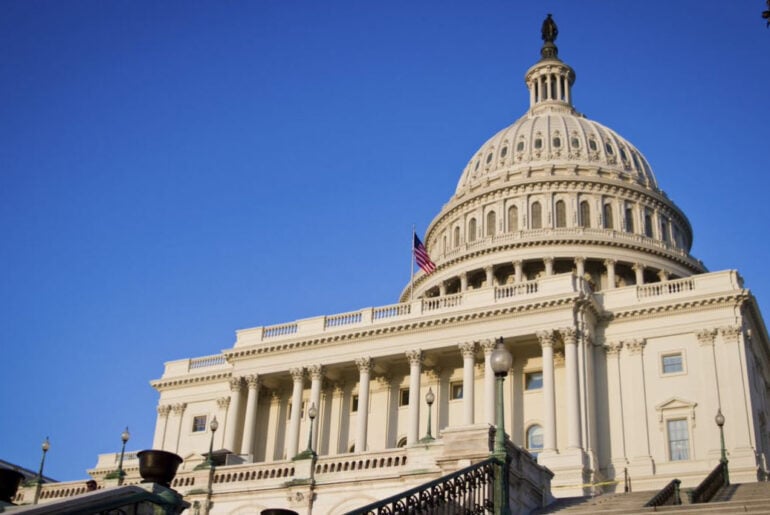The Federal Trade Commission brought its first gun-jumping action in decades against crude oil producers XCL Resources Holdings, LLC, Verdun Oil Company II LLC, and EP Energy LLC, imposing a civil penalty of USD 5.6 million. A “gun-jumping” violation occurs when a proposed buyer exerts control over the operations of the target business before the expiration of the relevant waiting period under the Hart-Scott-Rodino Act. This settlement represents the largest penalty ever imposed for a gun-jumping violation.
The US Artificial Intelligence Safety Institute (AISI), housed within the National Institute of Standards and Technology (NIST), announced on 20 November 2024 the release of its first synthetic content guidance report, NIST AI 100 4 Reducing Risks Posed by Synthetic Content: An Overview of Technical Approaches to Digital Content Transparency. “Synthetic content” is defined in President Biden’s Executive Order on Safe, Secure, and Trustworthy AI as “information, such as images, videos, audio clips, and text, that has been significantly altered or generated by algorithms, including by AI.”
On December 11, 2024, the US Department of Justice and the Federal Trade Commission announced the withdrawal of the 2000 Antitrust Guidelines for Collaborations Among Competitors. These guidelines outlined the agencies’ views on how competitor collaborations should be analyzed under the antitrust laws and provided “safety zones” for certain types of collaborations that the agencies stated would not be subject to challenge.
The FTC vote to withdraw the guidelines was 3-2, with the two Republican commissioners writing dissenting statements criticizing the FTC’s Democratic leadership for the timing of its decision—noting the upcoming change of administration and the lack of action for the preceding ~four years.
The Corporate Transparency Act requires “reporting companies” to file “beneficial owner” information and “company applicants” with the Financial Crimes Enforcement Network (FinCEN) as early as 1 January 2025. In a “last minute” 3 December 2024 decision, the US District Court for the Eastern District of Texas in Top Cop Shop, Inc., et al. v. Garland, issued an order temporarily enjoining the US government from enforcing the CTA and CTA regulations
US employers can expect material changes to employment laws under the Trump administration, with impacts felt across their business operations. President-elect Trump’s first term, his campaign platform, and the typical shifts in a Democratic to Republican transition provide clues about what’s to come: federal agencies, policies and rules will become more business-centered and many of the Biden-era worker-focused protections will be rolled back.
The IRS recently announced changes to its Form 14457, “Voluntary Disclosure Practice Preclearance and Application,” which allows taxpayers to apply to the IRS in an attempt to limit criminal exposure by disclosing past noncompliance and paying past taxes, interest and penalties. The new form includes several revisions that demonstrate a stricter approach towards taxpayers wanting to voluntarily disclose past tax-related misconduct, including: an admission of willfulness, a more detailed narrative requirement, a shorter time to prepare documents, and mandatory full payment. Taxpayers should consult with counsel to examine any increased risks associated with filing the revised form.
On 16 October 2024, the Federal Trade Commission (FTC) announced its final “Click-to-Cancel” Rule that applies to businesses that offer goods and services through automatically renewing payment plans, free or discounted trials that convert into full plans, or other “negative option features” that interpret a consumer’s silence as permission to keep charging them (collectively, “recurring subscriptions”). Under the finalized rule, the FTC may seek civil penalties of over USD 50,000 per violation, injunctive relief and consumer redress for companies that violate the requirements of having detailed transparent, consent and simple cancellation processes for recurring subscriptions and memberships.
On 12 November 2024, the US Department of Justice Antitrust Division updated its Evaluation of Corporate Compliance Programs in Criminal Antitrust Investigations (ECCP). The additions include guidance such as using “managers at all levels” to “set the tone from the middle” by “demonstrating to employees the importance of compliance,” establishing policies that account for the use of “ephemeral messaging or non-company methods of communication,” applying “data analytics tools in . . . compliance and monitoring,” and involving compliance personnel in “the deployment of AI and other technologies to assess the risks they may pose.” Additionally, the ECCP now addresses its application to civil investigations.
As AI capabilities and applications continue to advance, the National Institute of Standards and Technology’s Artificial Intelligence Risk Management Framework has emerged as a vital tool for organizations to responsibly develop and use AI systems.
The Commissioners of the Federal Trade Commission (FTC) have voted unanimously to issue a final rule developed by both the Antitrust Division of the US Department of Justice and the FTC, updating the Premerger Notification Rules that implement the Hart Scott Rodino Antitrust Improvement Act (“HSR Act”), including substantial changes to the HSR Form.



